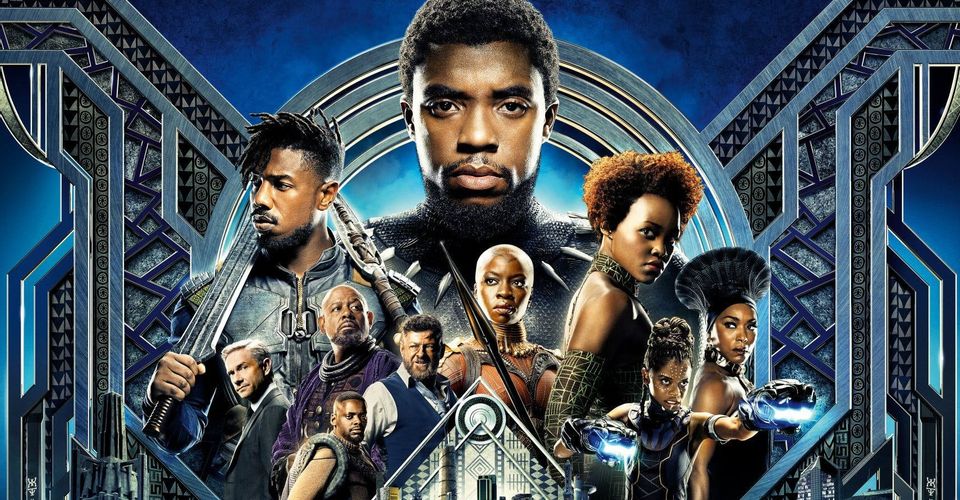Image provided by Marvel/Walt Disney Pictures.
History shapes how we view the world socially and politically, teaching us how to problem-solve in the present. But Black history, with its deep roots in slavery and oppression, blurs all modern knowledge of Black people. With such a horrible past, atrocities of the present—such as police brutality, the school-to-prison pipeline, and poverty—are seen as inconsequential in comparison to the transatlantic slave trade, Jim Crow, and the Civil Rights era. The present condition of Black people, however dismal it may be, could never be as bad as slavery, so we must accept it, stagnating current movements for change.
Black History Month encapsulates this problem, as its targeted audience is non-Black people, who sympathize with a portrayal of our condition that is barely applicable in modern day. Every February, I brace myself as the teacher begins yet another lesson on Black history, regurgitating the same stories of Martin Luther King Jr, Frederick Douglass, Rosa Parks, and Harriet Tubman. These stories are important, and these leaders have done much to persuade non-Black people into understanding what plagues our community. But we’ve all heard these stories before, hundreds of times, year after year, when we could be hearing stories from Black people in the present.
We need to balance a portrayal of history and the future in order to rebuild the present. Focusing too much on what went wrong, with little analysis of what we can do to fix those mistakes, is what leaves many of us hopeless and without answers. By prioritizing Black voices in the present, non-Black people can learn to become actively anti-racist, which will push policymakers away from performative activism and into structural change. Every Black person will become the poet of their own stories, ones free from the shadow of history.
By prioritizing Black voices in the present, non-Black people can learn to become actively anti-racist.
Movements like Afrofuturism work to publish positive narratives for Black people. As UCLA Magazine Associate Editor Delan Bruce defines the genre, “Afrofuturism, more concretely, can be understood as a wide-ranging social, political and artistic movement that dares to imagine a world where African-descended peoples and their cultures play a central role in the creation of that world.” Popular media that portrays Black people as heroes who overcame hardship can inspire future generations, rather than set them back. Movies like Black Panther give us an escape from constant negative connotations associated with our identity. We all deserve a source of inspiration and optimism, especially at a time where it may feel hopeless.
Renée Diop has spent all four years here at Washington, but before moving here, she grew up in the Midwest, in Chicago, Illinois. This is her first year writing for The Hatchet, exploring topics in the arts, entertainment, and controversial breaking news fields. Her hobbies include teaching debate to novice members as the captain of the team, listening to all genres of music (except country), and reading philosophy. She plans to major in psychology in college and pursue a career in writing.

